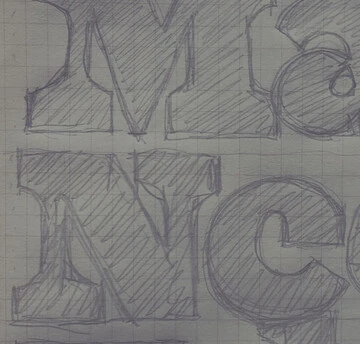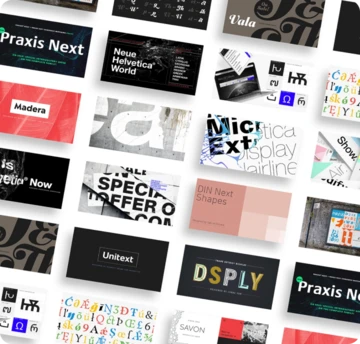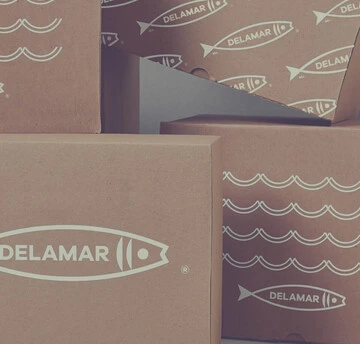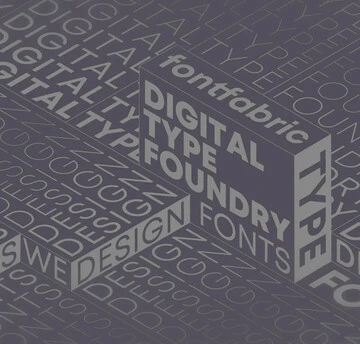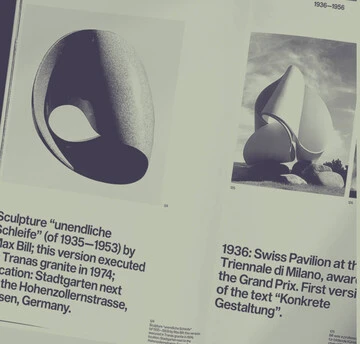GDPR resource center.
Read our GDPR strategy guide, articles and FAQ to learn more about the changing privacy landscape and what it means at Monotype. We are well positioned to help our customers adapt to the changing regulations and see it as an opportunity for brands to build even more meaningful engagement with their customers over the long term.
Helpful links.

GDPR strategy guide
With the “pace of privacy” accelerating, and a global conversation centered on individual data rights continuing to grow, Monotype is working to ensure we are best prepared to help our clients navigate the new normal. In this guide, learn about our approach to privacy regulations and how brands can use them to their advantage.

Why GDPR will enable better relationships between brands and customers
GDPR and other global data privacy regulations have presented a challenge for brands looking to target audiences with relevant messaging, but they have also created an opportunity for brands to develop more trusting, loyal relationships with their customers.

Why Instagram @mentions are a brand’s new best friend
Earlier this year, Instagram announced updates to its API and accelerated the deprecation of its older version in an effort to better protect user privacy. Learn how to shift your strategy to take advantage of more intentional touchpoints with your customers.

For brands, @mention takes on greater importance
As the brand-consumer relationship has moved further onto social platforms, the traditional rules of engaging with one another have had to adjust as well. We believe recent Facebook/Instagram updates are a step toward creating a safer environment for users and brands alike, helping to send clearer signals about the intention to start and build a meaningful dialogue.
Q&A: The changing privacy regulation landscape
Q. What is GDPR?
A. The General Data Protection Regulation, or GDPR, is a legal framework that provides guidelines for the collection and processing of personal information of individuals from the European Union.
Q. Did GDPR affect Olapic’s business when it went into effect on May 25?
A. Like many companies, GDPR caused disruption in that it required us to re-architect some of marketing programs and technology solutions. However, we believe we are well positioned to help our customers adapt to this change in regulation and see it as an opportunity to build even more meaningful engagement with their customers over the long term.
We are offering our Olapic customers GDPR-ready solutions. We have created a number of workarounds and feature enhancements to create smoother workflows as a result of these changes and allow customers to be GDPR compliant.
Q. How tightly woven are GDPR and the Facebook/Instagram API change as they relate to Olapic?
A. GDPR and the deprecation of the Instagram API are separate events, but they are both designed to protect consumer privacy. In the case of our Olapic solutions, the deprecation of the Instagram API changed how we request consent for certain Personally Identifiable Information (PII) that is collected on behalf of brands.
Q. Did the changes to Facebook’s and Instagram’s API impact Olapic’s ability to do business?
A. We don’t believe these changes significantly impacted Olapic’s ability to do business. It is important to recognize that the deprecation of the Instagram API was an issue that everyone in the industry faced, not just Olapic and its customers. Because Olapic is a badged Marketing Partner of Instagram, our customers were able to continue using the previous API for an extended period of time, while vendors without these partnership credentials were cut off from using the previous API immediately.
Q. How did you manage through the Instagram API and GDPR changes?
A. We worked closely with customers to determine the best path forward. In addition to adding new features like the ability to collect by @mention, we have created workarounds to help customers continue to collect hashtag content – as they shift their marketing strategy to @mention.
We have also updated features in Content Engine to ensure our customers are obtaining GDPR compliant consent for all content. Additionally, we continue to work closely with Instagram to provide feedback and suggestions as to how to continue to improve the workflow between Instagram and Olapic solutions, moving forward.
Instagram hashtags, while still an important key to understanding a brand’s social audience and industry trends, have also resulted in challenges for the platform. In the previous version of its API, virtually any hashtag could be commented on by not just approved partners like Olapic, but also by bots, spam accounts, and more—causing Instagram to seek a more permanent solution to solve its spam issue.
More often today there are hashtags for everything and although they provide a much-needed categorization for content, they no longer are the best indication that a consumer wants to enter a dialogue with a brand, e.g. hashtags (yes, even branded ones) are leveraged by users as a way to increase the discovery and engagement of their own content. With changes to its API, Instagram is now poised to reduce spam on the platform and ultimately give users and brands better control of their communities.
Q. Why is it better to collect data via @mentions vs. hashtags?
A. Instagram believes (and we have found through our own data) that @mention creates a more authentic and direct conversation between a consumer and a brand. Hashtags can often be irrelevant to the brand and/or create spam or content not aligned to the intended hashtag’s purpose.
With an @mention, a consumer makes a direct call out to a brand that can either be in the post description or the comment section. Users can’t search for @mentions, but the brand will be notified whenever a new one is posted.
Instagram believes that direct mentions of a brand within an Instagram post offer a stronger indication that a user is attempting to initiate a conversation, for instance. To aid in this effort, Instagram has even made an @mention part of the default input when a user replies to a comment on a post. Essentially, it is all about creating a more authentic relationship between brands and consumers.
Q. How are companies adapting to @mentions?
A. We believe @mentions create a more authentic relationship with the brand and help to decrease spam, while creating a real dialogue between a brand and a consumer.
In fact, we’ve found from research from our Olapic customer base that:
- Brands were 10x more likely to use User Generated Content (UGC) they collected from an @mention;
- There is a 12 percent higher chance a user would approve a brand’s rights request if they included an @mention in their original content;
- and Travel UGC saw a 57 percent higher chance of a user approving a brand’s rights request when they included a mention.
Q. What customer feedback have you received so far?
A. We’ve heard from some of our biggest customers that we are actually ahead of others in terms of adapting to these privacy changes, and they appreciate that.
Q. How has this affected the Olapic product?
A. Because of the API change, we have made several product updates, all of which are meeting customer needs today. For example:
- Collecting by @mention has been one of the most requested features for years - and we’re excited to offer that to our customers as a result of our partnership with Instagram.
- Collecting and retaining rights to content collected through hashtags and locations with the new Olapic Rights Requester. This Chrome extension enables you to select both hashtag and location-based content from the Moderation Queue and send rights requests to the user.
We’re working on a number of other new features that will be available soon.
Q. How has GDPR affected the Monotype type products?
A. GDPR has had a minimal impact on the Type products.
Q. How does all of this privacy change affect customers and brands?
A. The privacy landscape is changing across the industry. Consumer privacy is top of mind for everyone. These moves have essentially given consumers the power to choose whether they want to share their personal information with brands.
